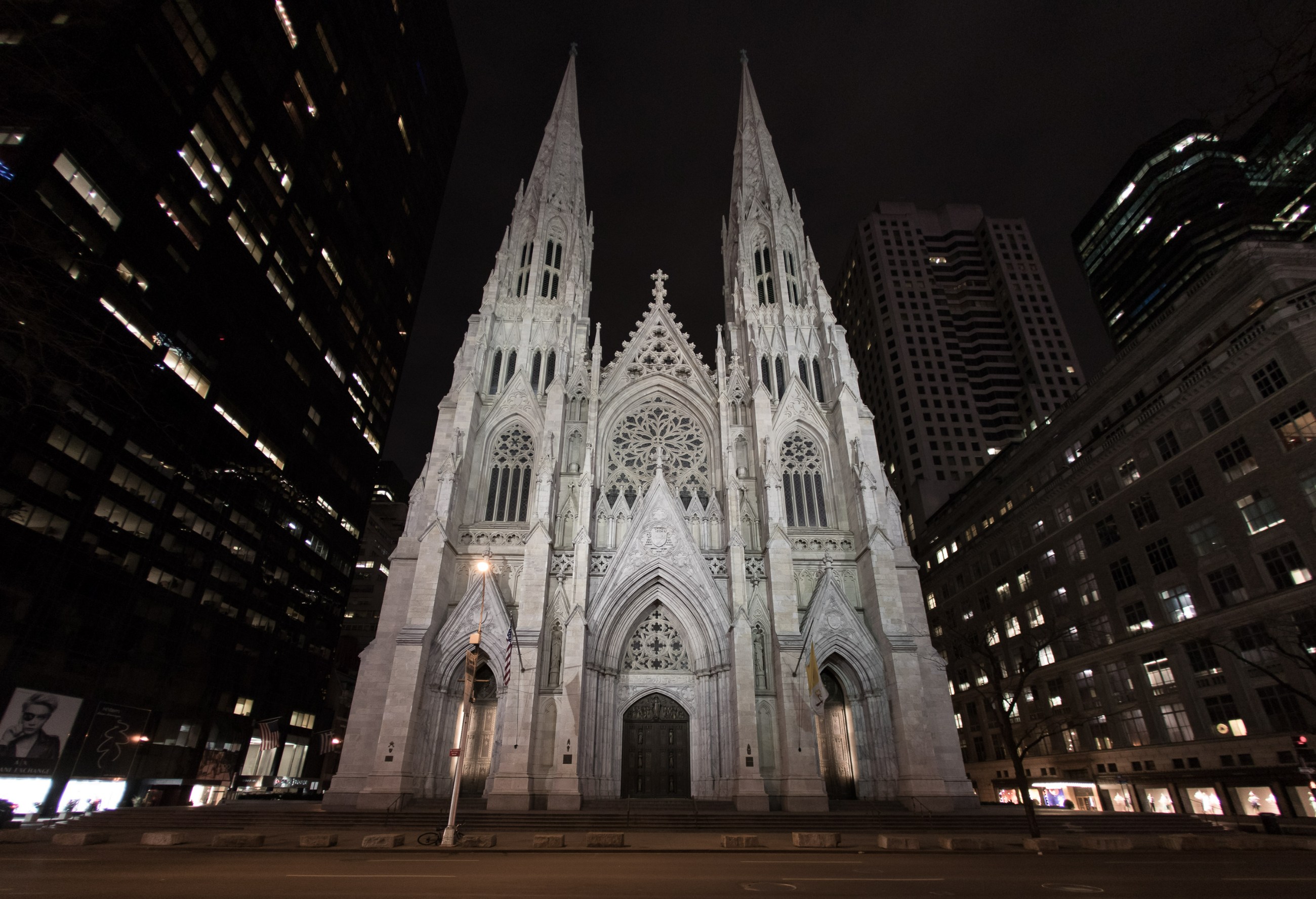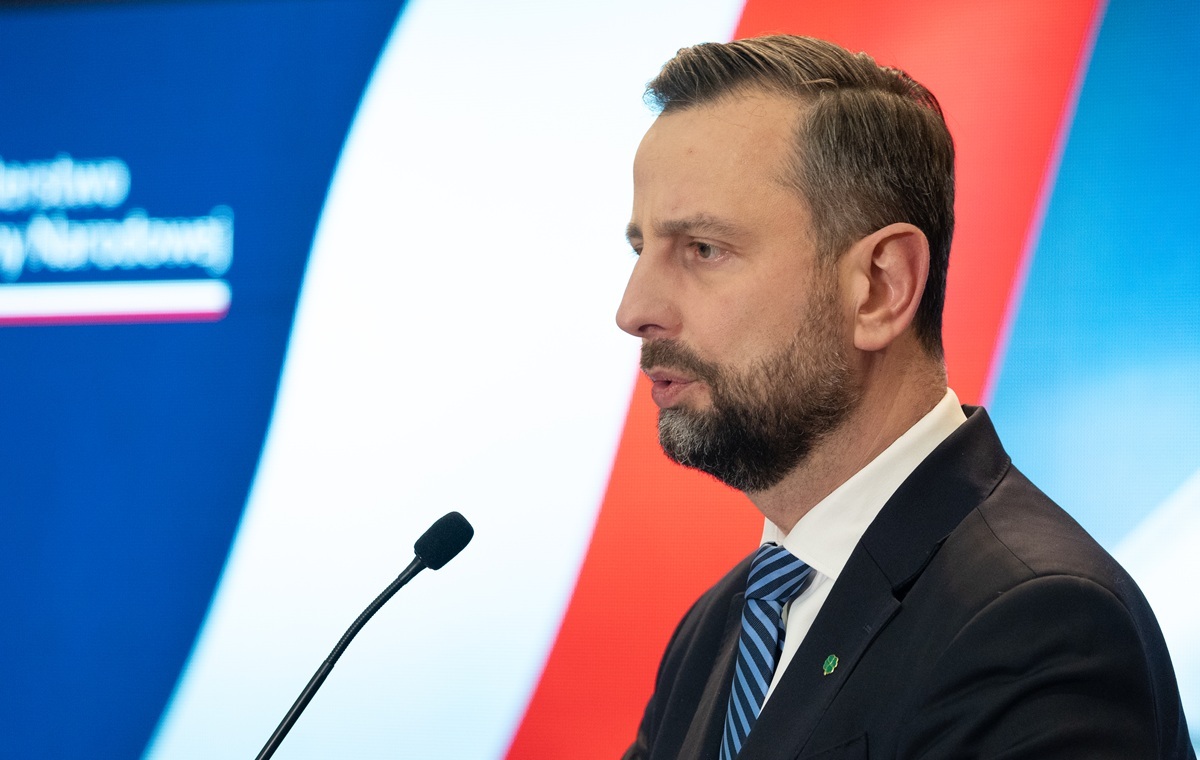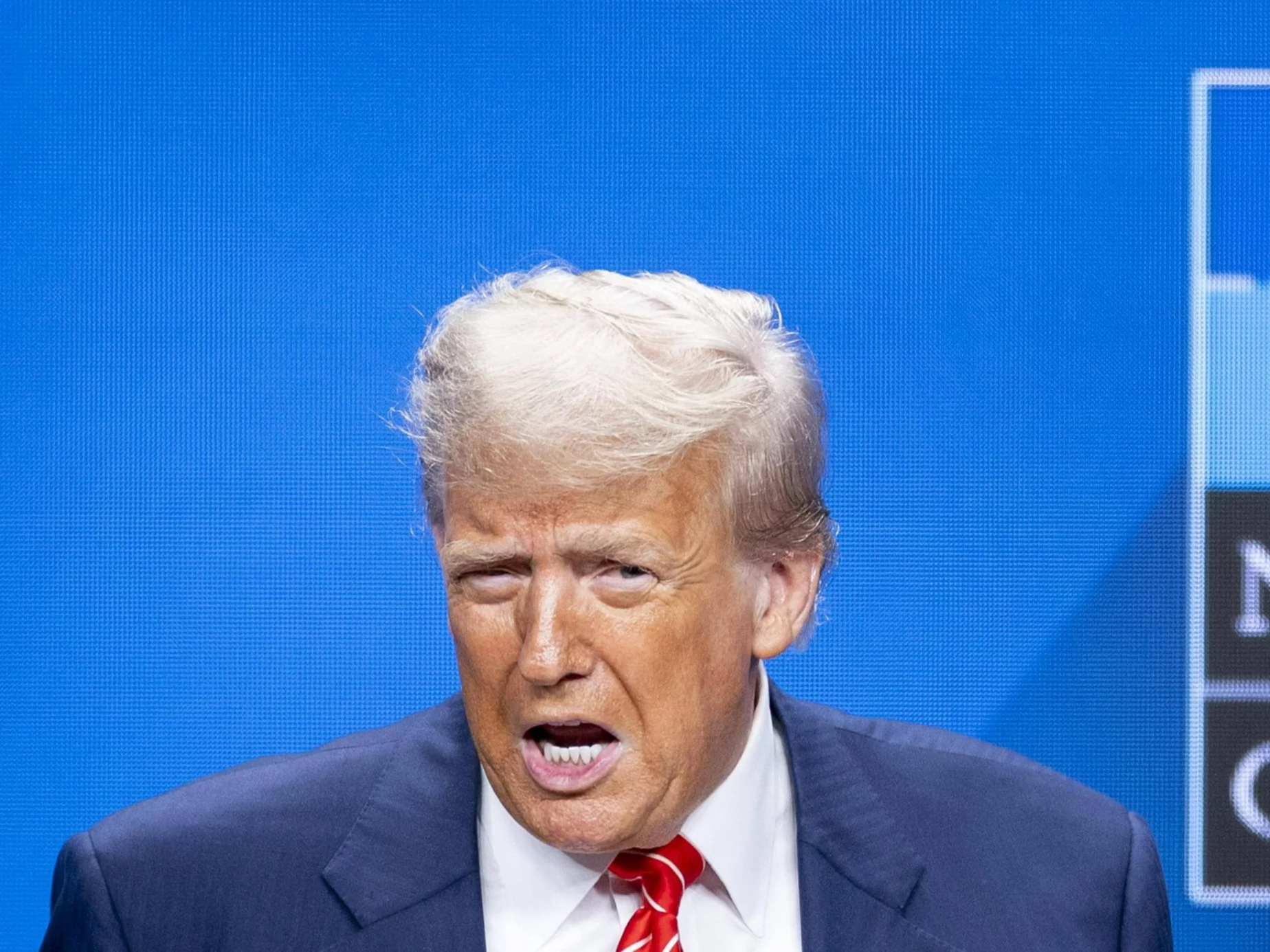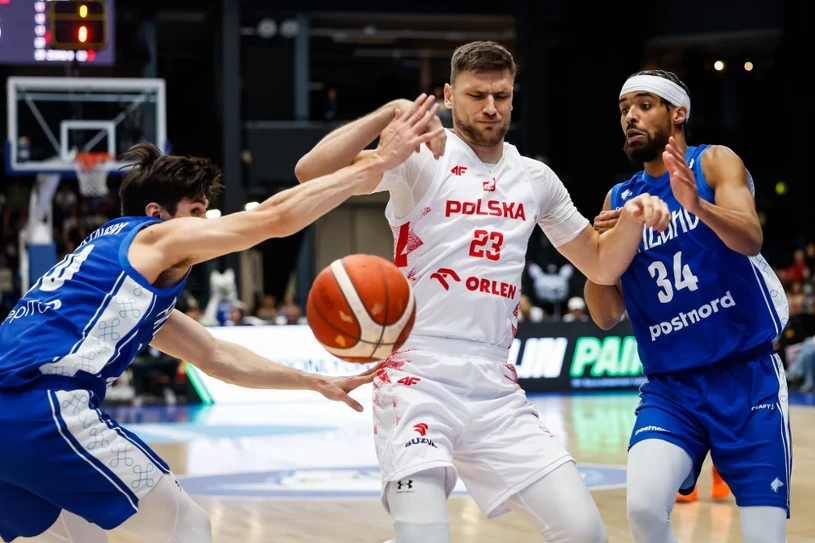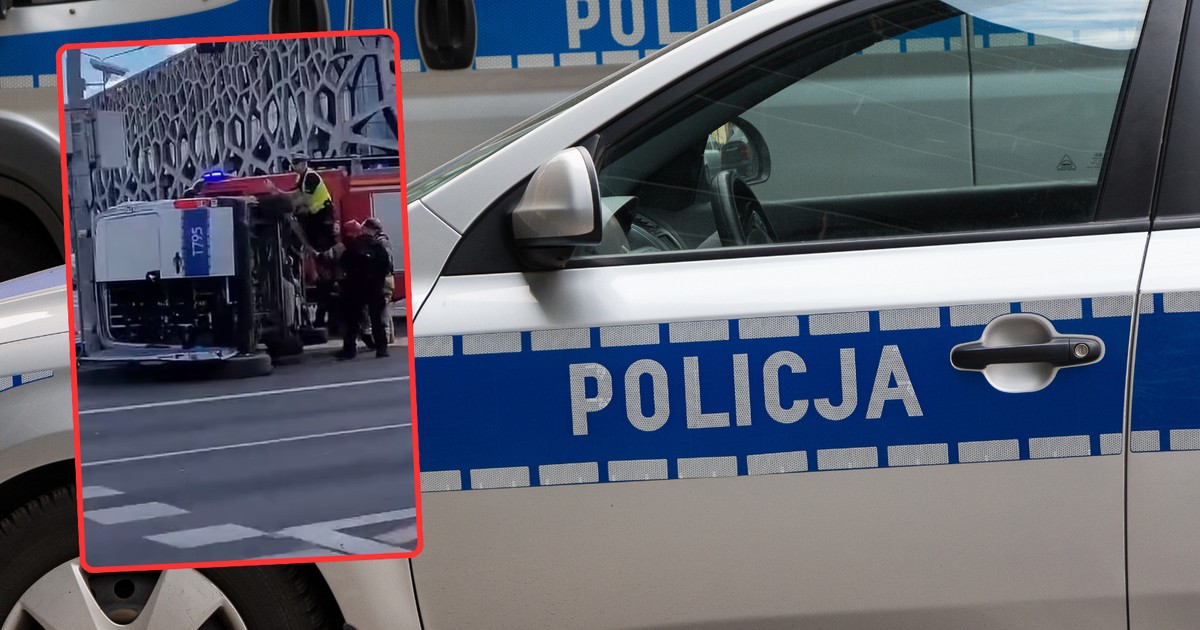Position of the Hungarian-Polish Historical Commission of the Hungarian Academy of Sciences
Budapest–Warsaw–Kraków–Wroclaw 27.02.2024
The fresh Polish curriculum to be introduced by the Ministry of National Education in 2024 will bring crucial changes to the Polish education system. The changes besides have a crucial impact on historical education at primary school level.
In the introduction to the material, published on the MEN website (www.gov.pl/web/education/change-of-the-programme basis – we start-pre-consultations), the fresh objectives were defined as follows: "The top goals of historical education in primary school are to stimulate interest in the past – from the past of your family, through local and regional past to the past of Poland and universal – and to build respect for another people and the achievements of another nations". Members of the Commission can only agree with these objectives. However, erstwhile examining the full text, we regret that the draft basic curriculum for primary school contains proposals that conflict with the objectives set out in the introduction to the document.
The Hungarian-Polish Historical Commission of the Hungarian Academy of Sciences believes that the fresh task in 3 places treats Polish-Hungarian historical relations in the incorrect way. Polish-Hungarian relations in the 14th and 15th centuries and the reign of Stefan Batory with peculiar emphasis on his external policy were removed from the current programming basis, and the events of the 1956 Hungarian Uprising were presented in a different context.
The Commission considers that the removal and modification of the above mentioned topics in the draft programme basis does not foster the improvement of regional students' awareness, does not contribute to "building respect for another peoples and the accomplishments of another nations" and clearly limits cognition about Polish past and the anticipation of developing Polish national and regional awareness.
1) Polish-Hungarian relations in the 14th-XV century include specified crucial in the past and modernity of our region Congresses in Visegrad and the circumstances of the Andegawen dynasty, after the end of the Piast dynasty. Furthermore, the past and importance of the Polish-Hungarian Personnel Union during the reign of King Louis of Hungary (for Hungarians: Louis of the First Great), then the activity of the daughter of Louis, Jadwiga in Poland (including the restoration of the Jagiellonian University in Krakow) and yet her matrimony to Władysław Jagiełła, which laid the foundations for the Republic of Poland of Obiega Nations. It is besides impossible to deny the rich cultural heritage of this period (e.g. during the reign of Louis and Jadwiga the image of the Black Madonna was placed in Częstochowa, in the monastery of the Paulin order, founded by the Hungarians). The past of Poland of the 14th-XV century is so inextricably related to the past of Hungary. It was in the 14th century that regional cooperation gained fresh momentum, and monarchs imitated (Kazimierz III, Charles IV, Charles I and Louis). We request to learn about this story, due to the fact that without it we cannot realize the breakthrough years of Polish history, the ascension of the Jagiellonian dynasty to the Polish throne and its reaching power in the region.
2. Stefan Batory was elected king of Poland as Hungarian, Duke of 7 Garden. Historians agree that his choice was 1 of the best decisions of the Polish Sejm of that time. In his person, a ruler, talented in all respect and able to respond to challenges facing the country, sat on the Polish-Lithuanian throne. Bathors changed the outdated taxation system, reformed the judiciary to remove corruption, carried out land reform, and upgraded the army. The success of his reforms is demonstrated by the fact that he fulfilled his promise and defeated the troops of the Tsar of Russia Ivan the Terrible, who had fought in the Inflants for 18 years. Batory thus delayed the Russian hegemony in the Baltic Sea region by at least 100 years later. At the same time, Batory's function in spreading humanism in Poland during this period is unquestionable, and he besides introduced crucial reforms in public education. It is not by accident that in almost all Polish city there is simply a street named Batory, whose name is besides named the first mediate school of independent Polish State, founded in Warsaw in 1918. Bator's legacy has survived centuries and continues to this day. During the time of partitions, it gave Polish society comfort, hope and political program, and the principles of its geopolitical programme are inactive alive in Polish abroad policy.
3) The past of the 1956 Hungarian Uprising is not only Hungarian history. On the way to the uprising, political processes in Hungary and Poland were closely linked and influenced each other. erstwhile political leadership in Poland changed on 19 October 1956 and the country was headed by Władysław Gomulka, Hungarian public opinion demanded akin changes in Budapest. It is no coincidence that the anti-Balin speech of the Polish organization leader of 20 October was published entirely in Hungary on 23 October, which served as a direct catalyst for the outbreak of the Hungarian Uprising in 1956. Therefore, protesters in Budapest marched to the monument of General Józef Bem, a common hero of the freedom of Poles and Hungarians, where, in addition to the Hungarian flag, they besides raised the Polish flag. respective banners and inscriptions expressing solidarity with Poland appeared in the protesting crowd. Then, erstwhile the uprising turned into an anti-Soviet war for independence, Polish society united with the fighting Hungarians. It was the Poles who provided Hungary with the top social assistance in the autumn of 1956. The unique solidarity of Polish society is the subject of education and remains alive in Hungary. During the times of socialism, Polish society faithfully cherished the memory of the 1956 Hungarian Uprising, and in the 1970s and 1980s it became an crucial mention point for opposition movements in the conflict for freedom and independence.
The presented task shows that the Ministry of National Education wants to fundamentally change the curriculum of past teaching in primary schools. The Hungarian-Polish Historical Commission does not question the right to change, but from the historian's point of view there are serious concerns about its proposed shape. The fresh task is completely contrary to the spirit of Polish-Hungarian conventional relationship and sympathy, but besides to the objectives of historical education as defined in the amended text. The Hungarian-Polish Historical Commission advocates that both in Poland and Hungary, historical education at primary and secondary level should cover more material about our relations both straight and indirectly. Members of the committee agree that Polish-Hungarian historical relations are crucial not only for knowing the past of our peoples, but besides for the past of our full region, which is why removing them from the programming base at primary school level can origin serious distortions in shaping national and regional awareness of future generations.
Prof. Áron Petneki, Polish, historian, president of the Hungarian-Polish Historical Commission of WAN
Prof. Dániel Bagi, Polish scholar, historian, vice-president of the Hungarian-Polish Historical Commission of WAN doctor of the Hungarian Academy of Sciences, HUN-REN Institute of History, Loránd Eötvös University Head of the Department of past of east and Central Europe and Historical Rusic Studies
Dr. Miklós Mitrovits, Polish scholar, historian, secretary of the Hungarian-Polish Historical Commission WAN HUN-REN Institute of past and Institute of investigation on Central Europe – Ludovica University of Public Service in Budapesz
Signatures
Hungarian
1. Dr. István Kovács, Polish historian, poet, associate of the Hungarian-Polish Historical Commission WAN
2. Prof. Csaba Gy. Kiss, Polish scholar, literary historian, doctor of the Hungarian Academy of Sciences, associate of the Hungarian-Polish Historical Commission WAN
3. Dr. László Tapolcai, Polish historian, associate of the Hungarian-Polish Historical Commission WAN, Loránd Eötvös University, Faculty of Early History
4. Dr. Endre László Varga, historian, associate of the Hungarian-Polish Historical Commission WAN
5. prof. Ildikó Horn, historian, doctor of the Hungarian Academy of Sciences, Loránd Eötvös University manager of the Institute of History
6. Dr. Éva Ring, Polish scholar, historian, Loránd Eötvös University of past of east and Central Europe and Historical Rustic Studies
7. Prof. Attila Zsoldos, historian, associate of the Hungarian Academy of Sciences, HUN-REN Institute of History
8. prof. Pál Fodor, historian, turkologist, HUN-REN Institute of History
9. prof. Antal Molnár, historian, doctor of the Hungarian Academy of Sciences, manager of HUN-REN Institute of History, prof. at the Department of Early past of Loránd Eötvös University, associate of the Pontifical Committee of Historical Sciences
10. Dr. András Fejérdy, historian, Deputy manager of HUN-REN Institute of History
11. Dr. Béla Vilmos Mihalik, historian, HUN-REN Institute of History
12. Dr. Teréz Oborni, historian, HUN-REN Institute of History
13. Dr Gábor Demeter, historian, HUN-REN Institute of History, Vice-President of the Hungarian Section of the Joint Historical Commission of Bulgaria-Hungarian
14. Dr. László Bíró, historian, HUN-REN Institute of History
15. Dr. Judit Gál, historian, HUN-REN Institute of History
16. Dr. Attila Polek, historian, HUN-REN Institute of History
17. Dr. Dénes Sokcsevits, historian, HUN-REN Institute of History
18. Dr. Krisztián Csaplár-Degovics, historian, HUN-REN Institute of History
19. Prof. Enikő Csukovits, történesz, HUN-REN Institute of History, PhD in the Hungarian Academy of Sciences, editor-in-chief of “Szazadok”
20. Dr. Lajos Pálfalvi, Polish, Catholic University of Pétera Pázmánya, Head of the Department of Polish Studies
21. Dr. Judit Reiman polonist, Catholic University of Pétera Pázmánya
22. Dr. Orsolya Németh, Polish, Catholic University of Péter Pázmánya
23. Prof. István D. Molnár, historian, doctor of the Hungarian Academy of Sciences
24. Dr. Imre Molnár, Polish, historian, diplomat
25. Dr. Karol Biernacki, historian, archivist, president of the chapter Wenceslas Felczak Foundation in Budapest
26. Márta Gedeon, associate of the Supervisory Board of the Wencesław Felczak Foundation in Budapest
27. mgr. István Miklós Balázs, historian, manager of the Polish investigation Institute and Museum in Budapest
28. Dr. Zoltán Tefner, Corvinus University of Budapest
29. Dr. Ildikó Rosonczy, historian
30. Márton Okos, president of the Bathory–Bem Tradition Association
31. Dr. György Dupka, historian, executive president of the global Association of Gulag and Gupwiku Historians
32. Dr. Galuska László, doctor, doctor of the Hungarian Academy of Sciences, University of Debreczno
Polish
1. prof. dr hab. Maciej Janowski, historian, manager of T. Manteuffla Institute of past of the Polish Academy of Sciences, president of the Polish-Hungarian Historical Commission of the Polish Academy of Sciences
2. prof. dr hab. Marek Kornat, historian, T. Manteuffla Institute of past PAS
3. Dr. Marta Piber-Zbieranowska, historian, T. Manteuffla Institute of past PAS
4. Dr. Michał Radzianowski, historian, T. Manteuffla Institute of past of the Polish Academy of Sciences
5. Prof. Stanisław A. Sroka, historian, Jagiellonian University, associate of the Polish-Hungarian Historical Commission of IH PAN
6. Prof. Andrzej Nowak, historian
7. Prof. Dr. Tomasz Pudłocki, Jagiellonian University Institute of History
8. Dr. Łukasz Kamiński, historian, University of Wrocław
9. Dr. Marek Mutor, Deputy Director, Ossolinski National Plant, Wrocław
10. Dr. Leslaw Skupła, historian, University of Wrocław
11. Prof. Krzysztof Kawalec, historian, University of Wrocław
12. Prof. Dr. Wojciech Mrozowicz, historian, University of Wrocław
13. Prof. László Kálmán Nagy, Polish scholar, historian, Head of the Department of Hungarian Philology, Jagiellonian University
14. dr hab. Grzegorz Bubak, Hungarian and filmmaker, Jagiellonian University Department of Hungarian Philology
15. Dr Tadeusz Kopyś, Hungarian and historian, Jagiellonian University Institute of European Studies
16. Prof. Mirosław Szumiło, historian, Maria Curie-Sklodowska University
17. Dr. Csilla Gizińska, University of Warsaw, Head of the Hungaristics Department
18. Dr Szymon Brzeziński, historian, hungaryist, National Library in Warsaw
19. Dr Gábor Danyi, historian, European Memory and Solidarity Network, Warsaw
20. Dr. Marcin Grad, Hungarian, University of Warsaw Chair of Hungaristics
21. Prof. dr hab. Ryszard Grzesik, historian, mediewist, manager of the Institute of Slavic Sciences of the Polish Academy of Sciences
22. Dr. Jarosław Szarek, historian
23. Dr Wojciech Frazak, historian
24. Dr. Ireneusz Highlyński OP, historian, manager of the Archives of the Polish Dominican Province
25. Rev. Dr. Józef Łucishyn CM, theologian, B. Rector Institute of Theological Missionary Priests
26. Peter Stefaniak, historian
27. Dr. Tomasz Kurpirz, historian, Institute of National Memory, Katowice
28. Michał Kwilecki, Wrocław Polish-Hungarian Society
29. Mr Andrzej Kowalski, cultural historian, investigator of Polish-Hungarian relations, Warsaw
30. Annamaria Molnar-Borkowski, translator
31. Grzegorz Łubczyk, Ambassador of Poland to Budapest (1997-2001), Vice-President of the Association Henryk Sławik – Memory and Works, author of Polish-Hungarian books and documentaries
32. Jerzy Snopek, historian, literary translator, Polish Ambassador to Budapest (2016-2022), associate of the Polish-Hungarian Historical Commission of IH PAN

